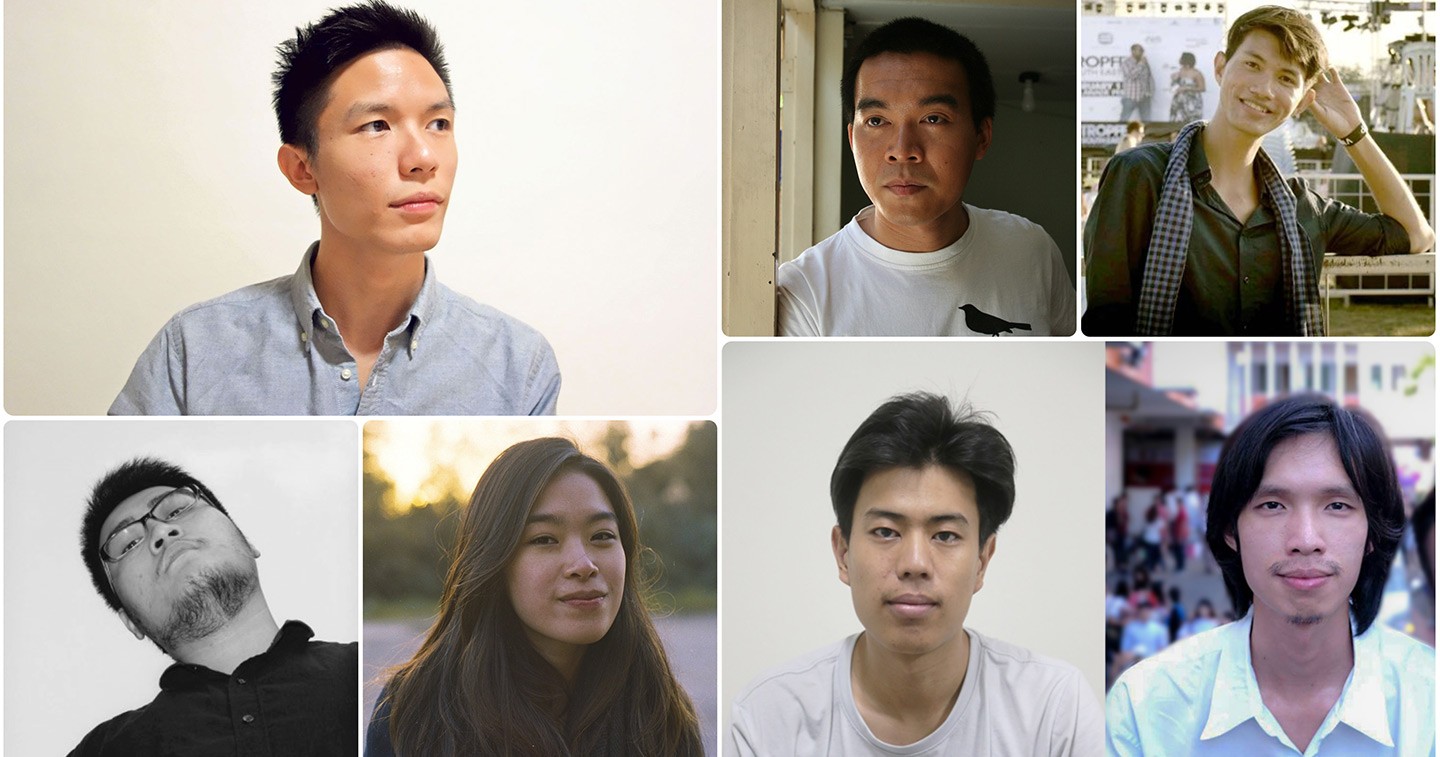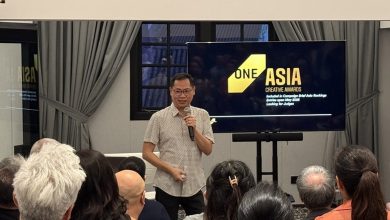SINGAPORE – Singapore International Film Festival (SGIFF) has announced the selected projects in two major film grants: The Tan Ean Kiam Foundation-SGIFF Southeast Asian Documentary Grant (SEA-DOC) and the SGIFF Southeast Asian Short Film Grant (SEA-SHORTS).
The two grants — collectively housed under the SGIFF Film Fund — proved popular with submissions coming from right across the region, including Cambodia, Vietnam, Thailand, Philippines, Malaysia, Indonesia, and Singapore.
The grants are aimed at developing inspiring and thought-provoking films that can contribute to the growth of a distinctive and independent Southeast Asian filmmaking landscape.

Tan Ean Kiam Foundation-SGIFF Southeast Asian Documentary Grant (SEA-DOC)
The four selected documentary films are each awarded a cash amount of SGD 25,000 from the Tan Ean Kiam Foundation. The Foundation hopes to encourage and support more local and SEA documentary filmmakers, especially those who are capturing and sharing the unique stories of Singapore and its region.
“We believe that documentary films, told through the lens of local filmmakers, capture stories that would otherwise go untold. These stories are unique to our culture, and will be a gift for many generations to come,” said Tan Keng Leck, vice chairman of the Tan Ean Kiam Foundation.
SGIFF is also proud to announce that one of the recipients of the inaugural SEA-DOC, Aswang ,by Filipino director, Alyx Ayn Arumpac, premiered in 2019 at International Documentary Film Festival Amsterdam (IDFA), and has continued its run through European and North American festivals.
In the documentary category, the selection jury stressed the desire to find strong cinematic films that demonstrated the filmmaker’s vision for the project and a clear understanding of their subject. They added that it is important to champion projects whose distinctiveness sets them apart from traditional factual films that may more easily find support within the broadcast sector. In line with this philosophy, the selected projects represent a commitment to the political and the experimental. The grants were awarded to two projects from Thailand, and two from Singapore.
Breaking the Cycle, from Thai directors, Aekaphong Saransate and Thanakrit Duangmaneeporn, confronts democracy in Thailand, while Worship, from director Uruphong Raksasad, whose previous film The Songs of Rice (2014) screened at IFFR, tackles the subject of spirituality in contemporary Thai culture. Singaporean director, Carin Leong’s Sandcastle,poignantly reflects on the city state’s urban development, while the final selection is director Daniel Hui Sui Fong’s, hybrid experimental and conceptual rumination on a key historical court case, Small Hours of the Night. Daniel’s previous film, Demons (2018), screened in Berlinale.
The jury felt that each of these projects represented clear cinematic voices from young and dynamic teams, each presenting powerful stories coupled with ambitious approaches to storytelling that would resonate across Southeast Asian countries.
SGIFF Southeast Asian Short Film Grant (SEA-Shorts)
Short films receive a cash amount of SGD 4,000 from C47 Investment, with a further SGD 4,000 available in-kind for post-production facilities at White Light Studio in Bangkok.
When selecting the Short Films, the jury sought projects from up and coming young talents that combined inspiring, meaningful stories with mature and feasible aims. It was felt that the winners, Further and Further Away, by Cambodian director Polen Ly, and father’s Father, from Vietnam’s Cao Viet Hoai Son, both exemplified those aims, with Ly’s film tackling the subject of tradition and modernity, and Cao’s film approaching the provocative topic of toxic masculinity.










